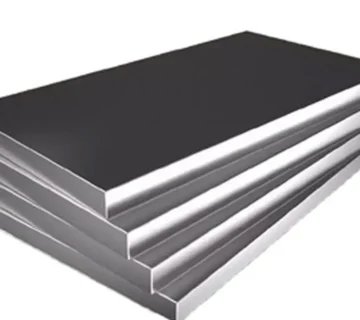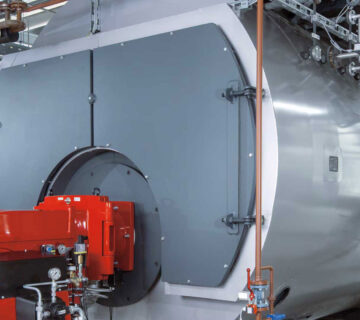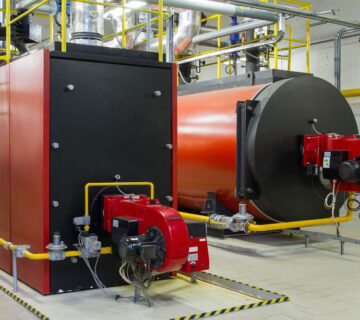Introduction
Steam boilers are critical in various industries, providing the necessary heat and steam for processes such as power generation, heating, and manufacturing. Depending on the specific needs, there are several types of boilers available. In this article, we’ll explore different types of steam boilers and their uses in industrial applications.
Types of Steam Boilers
- Fire-Tube Boilers
Fire-tube boilers are widely used in industries due to their simple design and low cost. They work by passing hot gases through tubes that are surrounded by water. These boilers are suitable for small to medium-scale applications where moderate steam pressure is needed. - Water-Tube Boilers
Water-tube boilers are more efficient than fire-tube boilers and are typically used in high-pressure applications. In this design, water flows through tubes that are heated externally by combustion gases. Industries like power plants and large-scale manufacturing prefer this type. - Electric Boilers
Electric boilers use electricity to heat water and produce steam. These boilers are often used in applications where a clean and environmentally-friendly source of steam is required, such as in hospitals and pharmaceutical industries. - Oil-Fired Boilers
These boilers use oil as fuel and are efficient for generating high-pressure steam. They are often found in industries where there is a consistent supply of oil and the need for high-temperature steam, such as refineries and chemical plants.

Factors Affecting the Selection of a Steam Boiler
- Fuel Type
The availability and cost of fuel in a region will impact the choice of boiler. For example, industries in areas with abundant natural gas may opt for gas-fired boilers. - Steam Demand
The amount of steam required by the industry will also influence boiler selection. High-demand industries such as paper mills and chemical plants may require more robust boilers like water-tube boilers. - Efficiency
High-efficiency boilers can reduce operating costs over time. New technologies like condensing boilers provide greater fuel efficiency and lower emissions. - Safety and Regulations
Safety standards and government regulations play a vital role in the choice of boiler. Ensuring compliance with safety codes, such as ASME standards, is critical for maintaining safe operations.
Industrial Applications of Steam Boilers
- Power Generation
Steam boilers are used in power plants to produce electricity. Large-scale water-tube boilers are typically used to generate high-pressure steam, which drives turbines for power generation. - Food Processing
Steam is used for sterilization, cooking, and drying processes in the food industry. Fire-tube boilers are often utilized in these operations due to their efficiency and ease of maintenance. - Pharmaceutical Industry
In the pharmaceutical industry, steam is used for sterilization of equipment, which is critical for maintaining product safety. Electric boilers are often chosen due to their clean and controllable operation.
Common Questions About Steam Boilers
1. What type of boiler is best for small-scale industries?
Fire-tube boilers are usually the best option for small-scale industries due to their simplicity and cost-effectiveness.
2. How can I improve the efficiency of my boiler?
Regular maintenance, upgrading to a condensing boiler, and optimizing fuel use can significantly improve efficiency.
3. What safety measures should be taken when operating a steam boiler?
Always ensure the boiler complies with safety standards, regularly inspect for leaks, and install safety valves to prevent overpressure.
Conclusion
Choosing the right steam boiler depends on various factors, such as fuel availability, steam demand, and efficiency needs. By understanding the different types of steam boilers and their applications, industries can make informed decisions that optimize both performance and safety.




